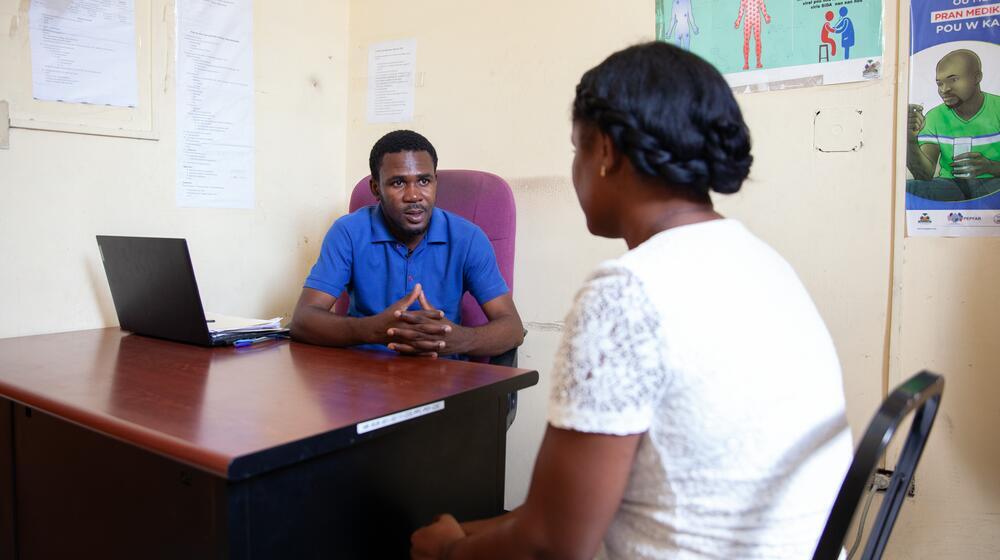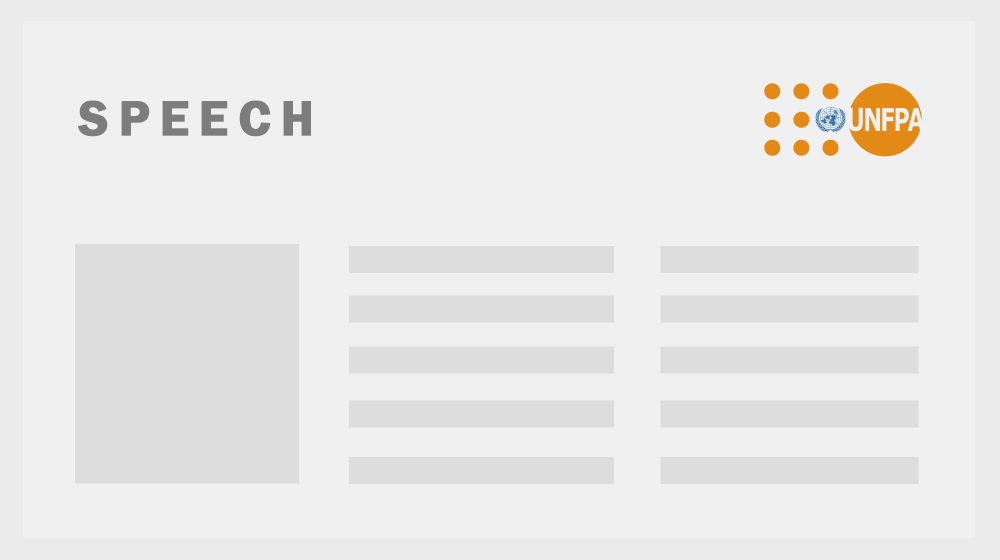As armed conflicts rage around the world, so does the use of sexual violence as a weapon of war.
“Conflict is on the rise. We see the images everywhere. Online and in the news. Sometimes even in our own communities. Soldiers with guns run in front of shattered buildings, along streets strewn with debris and the remains of human lives,” UNFPA Executive Director Dr. Natalia Kanem says. “Rarely seen, however, is one of the most horrific forms of violence in conflict – that perpetrated on the bodies of women and girls.”
Those who survive wartime sexual violence – including rape, forced marriage and sexual slavery – are left with lasting physical and emotional scars, robbed of health, dignity, peace, justice. They are often silenced and shamed, as social taboos, shattered health systems, insecurity and fear prevent them from seeking or accessing support. Their participation in social, political and economic life is thwarted.
The perpetrators often remain free.
Sexual violence in conflict is vastly underreported amid the terror and chaos of war. While women and girls experience the overwhelming majority of such violence, cisgender men and boys and LGBTQI+ people have also been targeted. Women peacebuilders, human rights defenders and those assisting survivors of sexual violence can be targets as well.
Every person has a human right to life, liberty and security of person. Yet amid conflict, the collapse of judicial and health systems raises the risk that sexual violence becomes “normalized” and goes unpunished. The health and protection of women and girls and other marginalized people must be prioritized.
New and prolonged conflicts have contributed to a sharp rise in the number of people in need of humanitarian aid, with more than 347 million people in need of assistance today, up from 168 million two years ago. The growing crisis erodes prospects for peace, security and justice.
We must act, together, to stop sexual violence in conflict. As a lead United Nations entity working to stop gender-based violence, UNFPA collaborates with diverse partners to put in place a fully funded framework to prevent and respond to sexual violence in conflict. This includes offering a full array of life-saving prevention and response services, including for the clinical management of rape.
“Sexual violence destroys lives and violates human rights. It must not be ‘normalized’ as something that is destined to happen, something that cannot be stopped,” Dr. Kanem says. “On the International Day for the Elimination of Sexual Violence in Conflict, we call on the global community to vastly scale up action and funding to respond to these growing needs. Of the funds required to prevent and address gender-based violence in crisis settings in 2023, only 5 per cent has been received. We must work together to end this horror, not allow it to endlessly repeat.”




